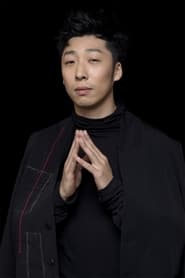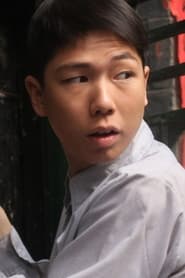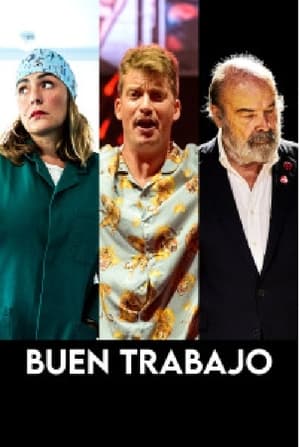

A Man Called Huang Guo Sheng(2017)
Production Companies:
Recommendations TVs
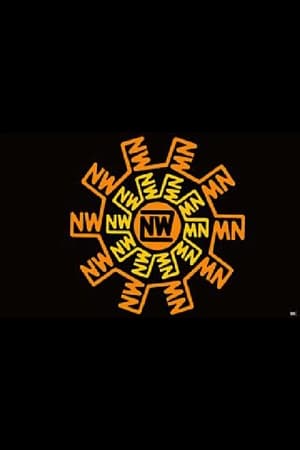
Nationwide (en)
Nationwide was a BBC News and current affairs television programme which ran from 9 September 1969 to 5 August 1983. It was broadcast on BBC One each weekday following the early evening news. It followed a magazine format, combining political analysis and discussion with consumer affairs, light entertainment and sports reporting. It began on 9 September 1969, running between Tuesdays and Thursdays at 6.00pm, before being extended to five days a week in 1972. From 1976 until 1981 the start time was 5:55pm. The final edition was broadcast on 5 August 1983, and the following October it was replaced by Sixty Minutes. The long-running Watchdog programme began as a Nationwide feature. The light entertainment was quite similar in tone to That's Life!. Eccentric stories featured skateboarding ducks and men who claimed that they could walk on egg shells.. Richard Stilgoe performed topical songs.
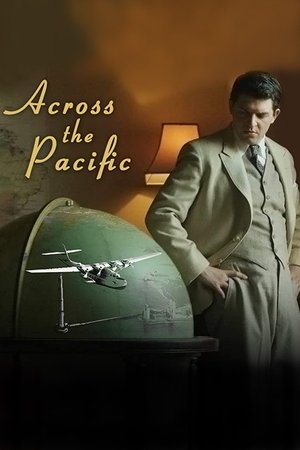
Across the Pacific (en)
Tells the story of a great milestone in aviation history: the 1935 crossing of the Pacific Ocean by a Pan American Airways flying boat known as the China Clipper. The documentary series recounts the development of this technological innovation – led by Pan Am’s chief executive Juan Trippe, pilot Charles Lindbergh, airplane engineer Igor Sikorsky and radio engineer Hugo Leuteritz – with dramatic re-enactments, interviews with historians and biographers, and archival photographs, newsreel clips and film.
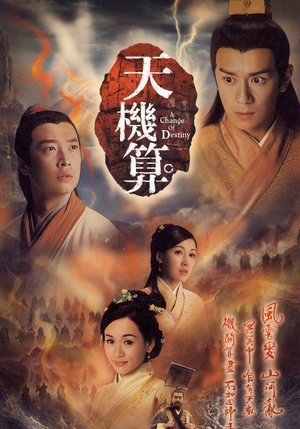
A Change of Destiny (cn)
Two young men with the same birthday have totally different lives. Benny Chan is from a rich family while Steven Ma is poor and they both hope to change their destiny with tui bei tu.

The Many Faces of Ito (ja)
A jaded rom-com screenwriter in her 30s mines four love-sick women for their stories under the guise of providing them with romantic advice.

My Little Baby (ko)
Cha Jung Han is a detective for a special investigation team. He is busy with investigating violent cases including drugs and gangs, but one day he takes in his niece, Eun Ae and struggles to raise her. Meanwhile, Han Ye Seul is a single mother who raises her 5-years-old son alone. She is Cha Jung-Han’s first love.
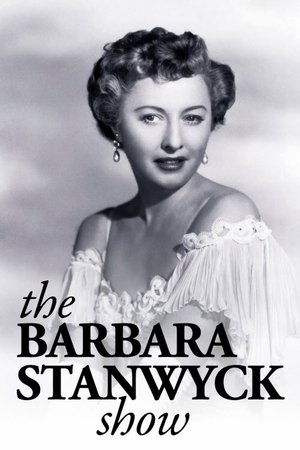
The Barbara Stanwyck Show (en)
The Barbara Stanwyck Show is an American anthology drama television series which ran on NBC from September 1960 to September 1961. Barbara Stanwyck served as hostess, and starred in all but four of the half-hour productions. The four she did not star in were actually pilot episodes of potential series programs which never materialized. Stanwyck won the Emmy Award in 1961 for Outstanding Performance by an Actress in a Series. Three of the shows in which Stanwyck starred were an attempt at spinning off a dramatic series of her own, in which she appeared as "Josephine Little", an American woman running an import-export shop in Hong Kong. The series, produced at Desilu Studios, was directed by Stuart Rosenberg. The Barbara Stanwyck Show lasted one season. It aired at 10 p.m. Eastern on Mondays opposite Jackie Cooper's military sitcom Hennesey on CBS and the second half of Gardner McKay's Adventures in Paradise on ABC.
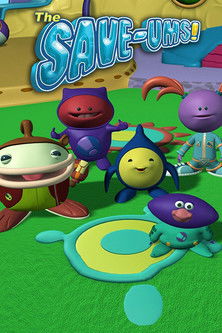
The Save-Ums (en)
Small is powerful, believe it! This is the rallying cry of the Save-Ums, preschool's brand new pint-sized super heroes who race to the rescue and to solve preschool-sized emergencies through collaborative problem solving, critical thinking and the creative use of technology.
The Story of Peter Grey (en)
The Story of Peter Grey was an Australian television daytime soap opera made by the Seven Network in 1961. James Condon starred in the title role as a church minister. Other cast members included Thelma Scott, Lynne Murphy, Moya O'Sullivan. Produced in Sydney, the series had a run of 156 fifteen-minute episodes, and was in black and white. In 1964, Melbourne station HSV-7 repeated the series, accompanied by repeats of the 1958-1959 series Autumn Affair. A large number of episodes of both series are held by the National Film and Sound Archive.

The Best Laid Plans (en)
A humourous and satirical journey into the world of Canadian national politics.

Once Upon a Time in Tsavo (de)
In arid regions across Africa, a remarkable relationship between elephants and termites creates a waterhole – a green oasis which is central to every animal’s life. The story follows an extraordinary community of creatures, that call the waterhole ‘home’ over a season in their lives. They range from a family of elephants to a pair of hornbills (aka ‘Zazu’ of The Lion King) alongside dung-beetles, chameleons, bullfrogs, geese and killifish.
